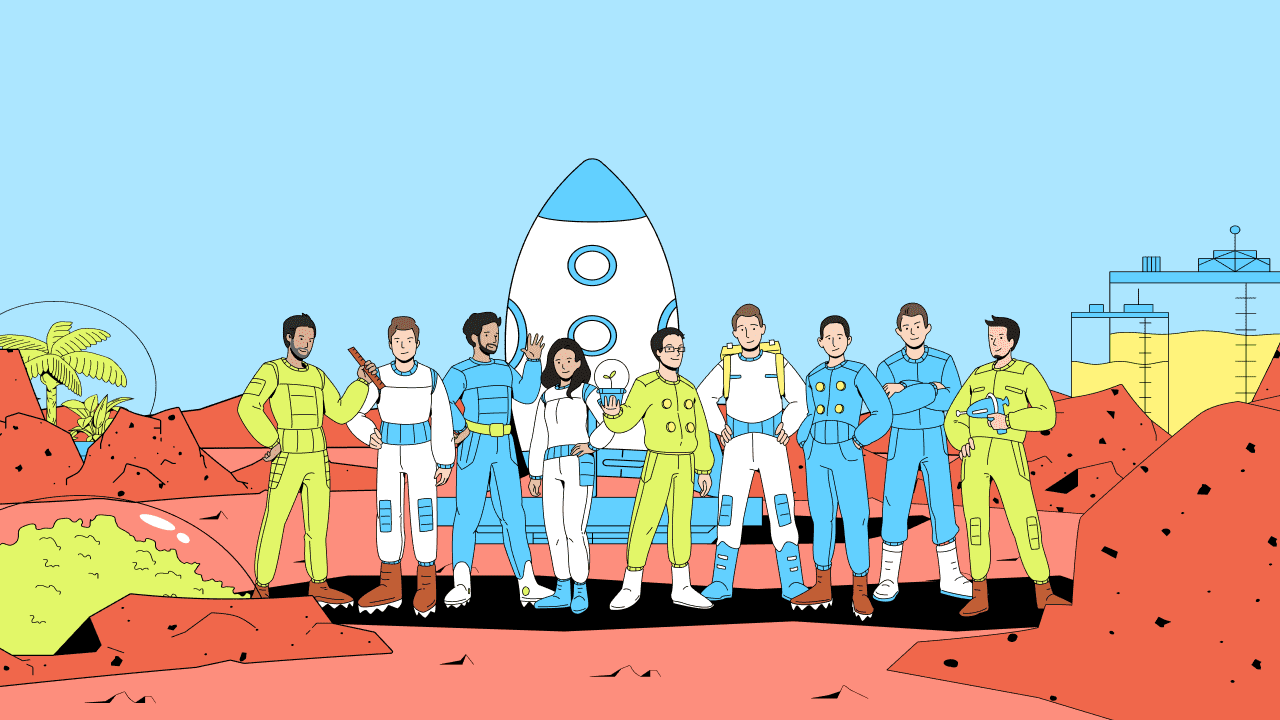DeFi Alliance Raises $50M, Shifts to DAO Structure
DeFi Alliance is a Web3 startup accelerator that has helped more than 90 startups including 0x, Alpha Finance, dYdX, Kyber, Olympus DAO, Paraswap, Ribbon Finance, Sushiswap, Synthetix, Zerion, and others

Alliance DAO
- “The next logical step will be turning [DeFi Alliance] into a DAO and giving up ownership of the accelerator program to the community,” Imran Khan, pilot at DeFi Alliance told Blockworks
- “Our goal is to be the nation state or DAO for builders that can scale Web3 to billions of users,” Khan said
DeFi Alliance has raised $50 million from contributors of its newly formed Alliance DAO to help founders grow in the space, Imran Khan, pilot at DeFi Alliance and venture partner at Volt Capital told Blockworks in an interview.
DeFi Alliance, in which Blockworks Co-founder Jason Yanowitz is an investor, is a Web3 startup accelerator that has helped more than 90 startups. Some of the top DeFi projects by market capitalization like 0x, Alpha Finance, dYdX, Kyber, Olympus DAO, Paraswap, Ribbon Finance, Sushiswap, Synthetix, and Zerion participated in past programs.
“The next logical step will be turning [DeFi Alliance] into a DAO and giving up ownership of the accelerator program to the community,” Khan said. “DeFi Alliance’s name will be deprecated over time and replaced with Alliance or Alliance DAO,” he noted.
The decentralized autonomous organization (DAO) will run as the first “digital startup nation” and initially consist of roughly 300 contributors who were a part of the raise. The funds will be used to expand the team and software, Khan said.
The list of contributors includes notable members of the crypto community like Twitch Co-founder Kevin Lin, Gemini Co-founders and President/CEO Cameron and Tyler Winklevoss, Terra Founder Do Kwon, OpenSea Co-founder and CEO Devin Finzer, Aave Founder Stani Kulechov, Circle Co-founder and CEO Jeremy Allaire and BlockFi Founder Zac Prince, to name a few.
While most accelerator programs are run by a centralized team, as DeFi Alliance was previously, having the DAO and community running it will change the landscape and ecosystem, Khan said.
“Ultimately, you go faster when you have a community that can help connect the dots,” Khan commented. “By bringing stakeholders together, you can help founders coming into the program. With the community, you can get an answer quickly,” through elements like crowdsourcing or token incentives, he added.
“Our goal is to be the nation state or DAO for builders that can scale Web3 to billions of users,” Khan said. “Whether you have an idea, validating an idea or want to build in any sector in crypto. We want to be a platform for builders to succeed,” he added.
In 2022, the DAO will run three batches of its accelerator program and may re-evaluate in 2023 to lower it to two batches, Jocelyn Robancho, head of operations at DeFi Alliance said to Blockworks.
The program has a 2 to 5% acceptance rate and is targeting to bring on 25 startups for each cycle, but would increase to 30 to 35 startups if necessary, she said. Upon graduating from the program, founders can become contributors to the startup nation.
Within the next few months, Alliance will share a white paper and other materials to explain how it will govern, operate and what services it will provide.
“We’re taking a structured approach compared to a traditional DAO raise,” Khan noted. The DeFi Alliance team invited domain experts from certain crypto sectors to help provide support for Web3 startups in the program from areas like gaming and NFTs to DeFi and traditional finance.
Over time, the number of contributors will grow organically and on an as-needed basis, Khan said.
Get the news in your inbox. Explore Blockworks newsletters:
- The Breakdown: Decoding crypto and the markets. Daily.
- 0xResearch: Alpha in your inbox. Think like an analyst.






